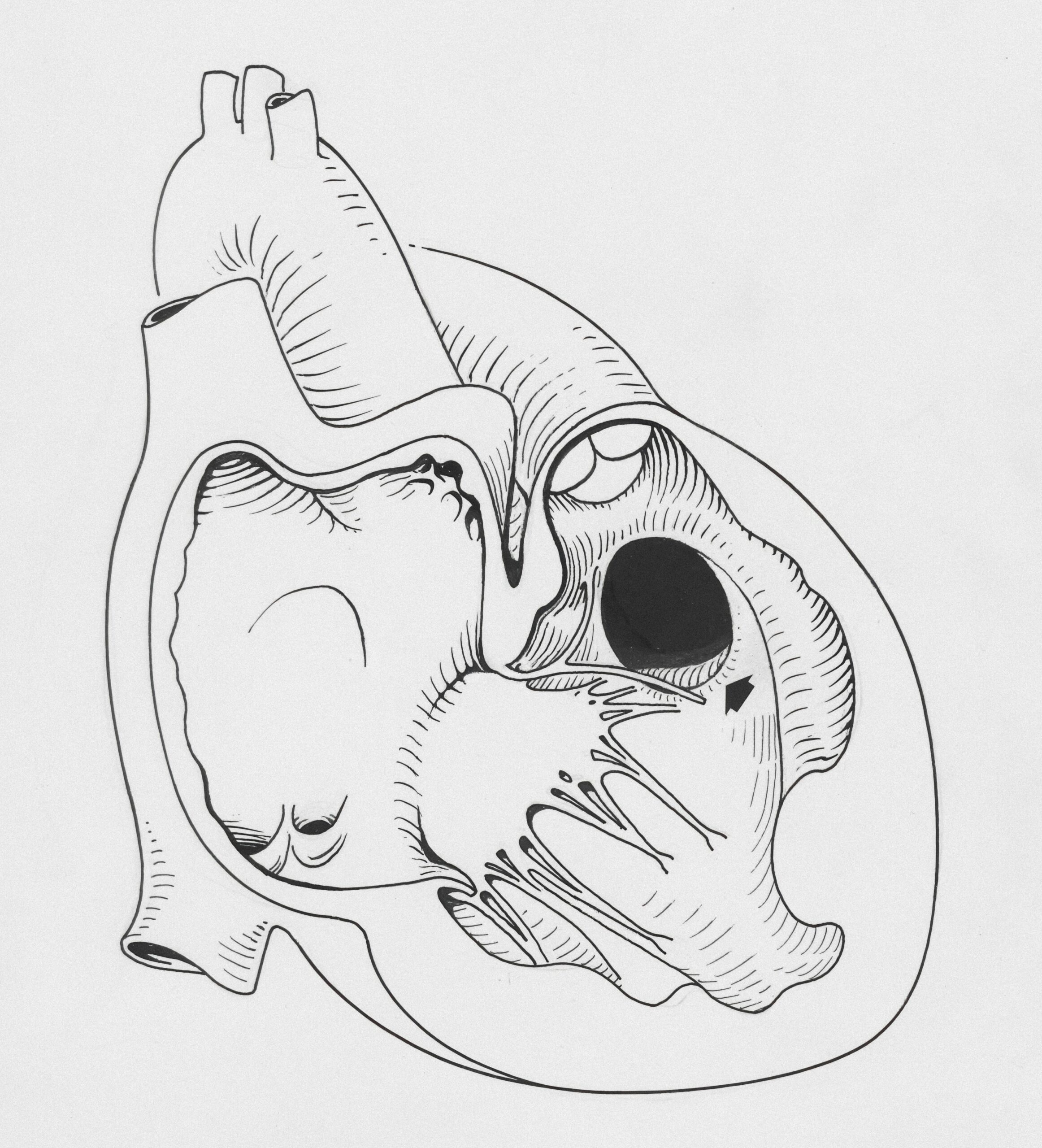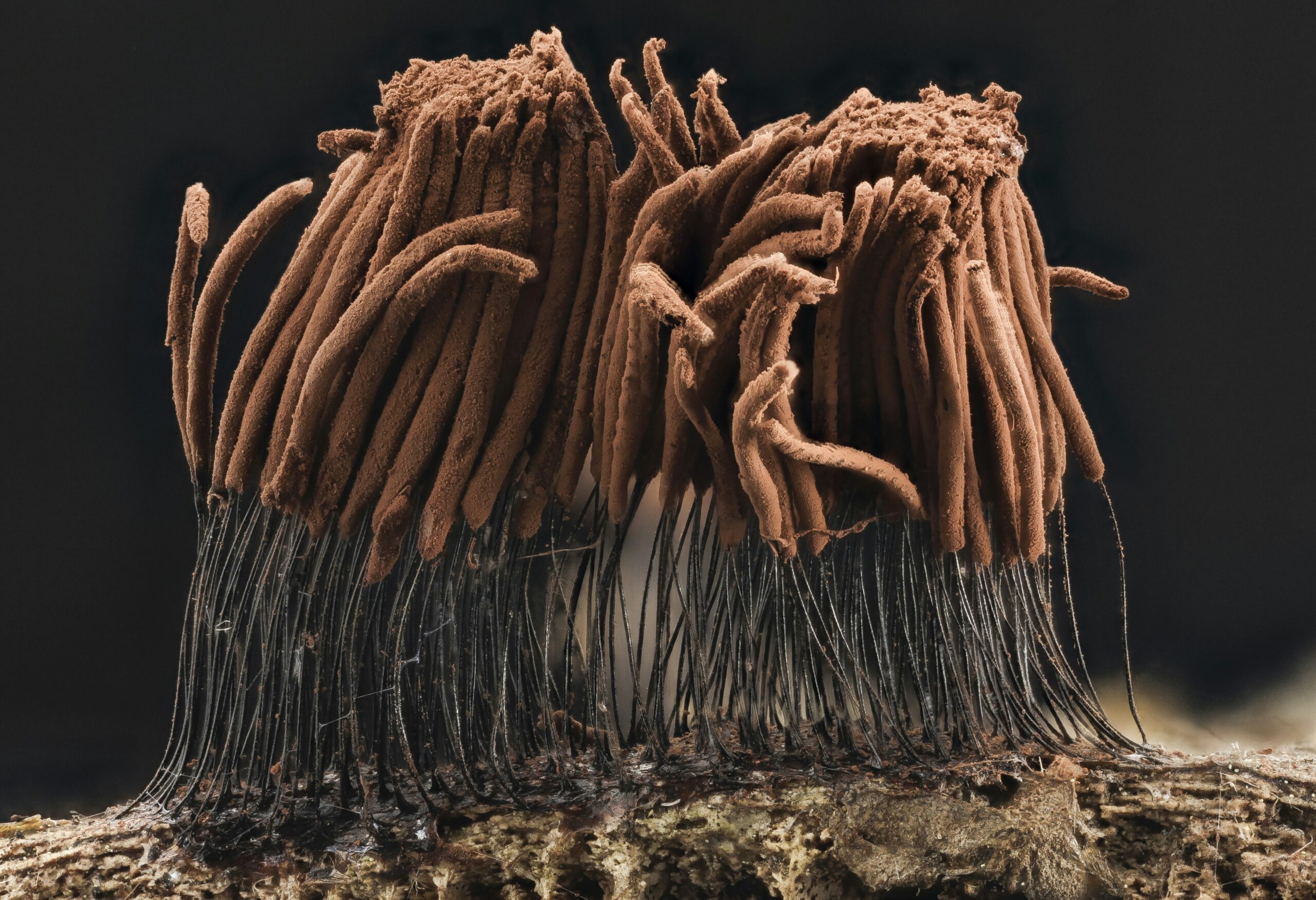Have you ever wondered if excessive sweating can actually change the way urine smells? It might seem a bit strange to connect these two bodily processes, but our bodies often work in mysterious and interconnected ways. When you start to explore this topic, you might find that there’s more to it than meets the nose.

Understanding Sweat and Its Function
Let’s start with a closer look at sweat. Your body produces sweat as a natural way to regulate temperature. When you’re hot, your sweat glands release moisture in the form of sweat, which then evaporates and cools your body down. But that’s not the whole story. Sweat isn’t just plain water; it contains a variety of components, including salts, proteins, and various waste products.
Components of Sweat
When you sweat, you release more than just water. Here’s a simple breakdown of what’s typically found in sweat:
- Water: Makes up the majority of sweat.
- Electrolytes: Such as sodium, potassium, and chloride.
- Urea and Ammonia: Waste products that also appear in urine.
- Lactate: A byproduct of anaerobic metabolism.
These substances can vary depending on several factors, including diet, activity level, and environmental conditions.
How Sweat Is Linked to Urine
You might be wondering how all of this ties into urine. It’s essential to understand that sweating and urination are both methods your body uses to get rid of waste products. Your kidneys filter out waste products from your blood, turning them into urine. Similarly, your sweat glands can also expel some of these waste products through your skin.
The Role of Kidneys
Your kidneys play a crucial role in regulating fluid balance in your body. They filter blood to remove waste products like urea, water, and salts. When you’re sweating a lot, your body might adjust urine production to maintain a balance of fluids and electrolytes. This can impact both the composition and odor of urine.
Factors Influencing Urine Odor
Now that we’ve established how sweating and urination are connected, let’s talk about factors that can affect the smell of urine. Several elements can contribute to changes in urine odor, ranging from diet to hydration levels.
Diet and Its Influence
What you eat significantly affects the smell of your urine. Certain foods and spices are notorious for altering urine odor. Here are some examples:
- Asparagus: Known for causing particularly pungent urine odor.
- Coffee and Caffeine: Can lead to a distinct odor due to their diuretic effect.
- Spices and Herbs: Such as garlic and curry can also change urine odor.
These foods result in different waste products that your body must expel, affecting the scent of your urine.
Hydration Levels
Hydration plays a vital role in determining urine concentration. If you’re dehydrated, your urine will be more concentrated, leading to a stronger odor. In contrast, well-hydrated urine tends to have a milder scent, as it’s more diluted with water.
The Science of Sweat Glands
It’s useful to consider how sweat glands operate to see how they might interact with processes in the body like urination. There are two main types of sweat glands: eccrine and apocrine glands.
Eccrine Glands
Eccrine glands are found all over your body and are primarily responsible for regulating body temperature. They produce a clear, odorless sweat that mainly consists of water, making it mostly unrelated to urine odor.
Apocrine Glands
Primarily located in areas with a high concentration of hair follicles, such as the underarms and groin, apocrine glands produce a thicker type of sweat. This sweat contains more proteins and lipids, which bacteria on your skin break down. This breakdown can result in body odor but doesn’t directly affect urine odor.

Scenarios Where Sweat Affects Urine Odor
While it may seem rare, there are scenarios where excessive sweating might indirectly influence the odor of your urine.
Dehydration Due to Excessive Sweating
If you’re sweating profusely, perhaps due to exercise or a hot climate, you’re losing fluids quickly. This can lead to dehydration if these fluids aren’t replenished, resulting in concentrated urine with a stronger odor.
Dietary Adjustments During Exercise
Sometimes, when you’re active and sweating a lot, you might also change your diet to regain electrolytes and energy. The foods and drinks you choose under these circumstances might affect urine odor. For example, if you consume more sports drinks or protein-rich foods, it could lead to changes in how your urine smells.
Urine Odor and Health Indicators
Changes in urine odor can sometimes point to health issues. While they are often harmless, it’s crucial to recognize when an odor change might signify something more serious.
Common Causes of Unusual Urine Odor
Aside from sweating, several factors might cause urine to have an unusual smell:
- Infections: UTIs can cause foul-smelling urine.
- Medications: Certain medications can result in distinctive odors.
- Medical Conditions: Diabetes can lead to sweet-smelling urine due to higher sugar content.
When to See a Doctor
If you notice an unexplained and persistent change in urine odor, particularly if it’s accompanied by other symptoms like pain or increased frequency of urination, it’s a good idea to consult a healthcare professional. This might help rule out infections or other conditions.

Practical Advice for Managing Sweat and Urine Odor
Here are some tips that might help you manage the balance between sweating and urine odor:
Stay Hydrated
Maintaining proper hydration is one of the simplest ways to keep urine odor in check. Consuming enough fluids ensures your urine is diluted and less likely to develop a strong odor.
Monitor Your Diet
Pay attention to your diet and note which foods and beverages seem to alter the odor of your urine. Moderation might help manage any unwanted changes in smell.
Personal Hygiene
Good hygiene practices can help manage sweat and associated odors. Regular showers and using antiperspirants where applicable can reduce body odor and potentially indirectly affect urine odor.
Summary
To wrap things up, the relationship between excessive sweating and urine odor can be subtle and indirect. While sweating doesn’t directly change urine’s scent, conditions related to fluid balance, diet, and personal hygiene can influence it. Understanding how these factors interplay helps manage both sweat and urine odor effectively in your daily life. Remember, when in doubt or if any unusual symptoms persist, a quick chat with a healthcare professional can offer peace of mind and practical solutions.

